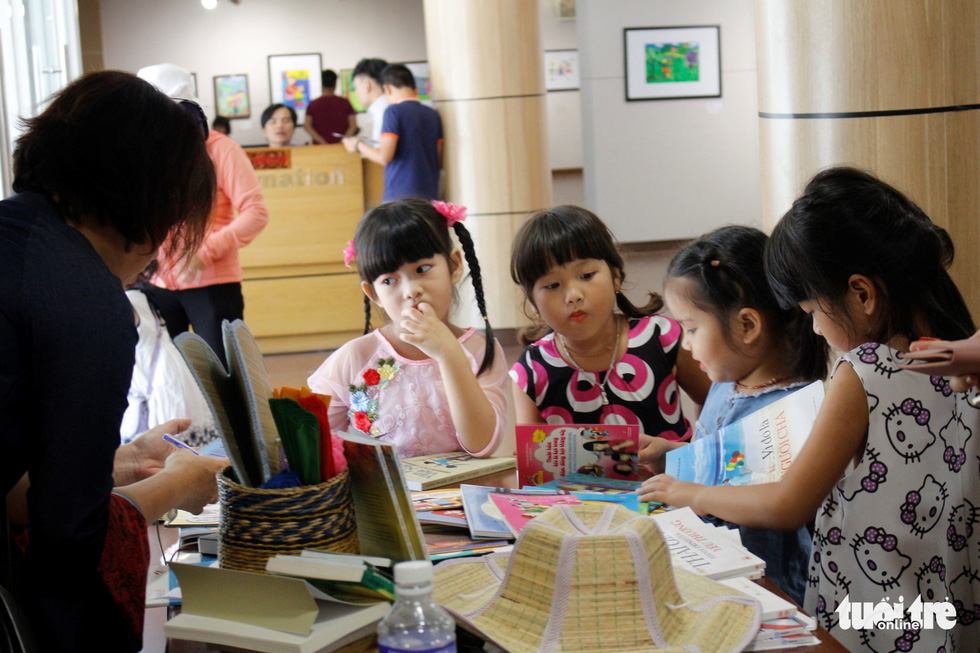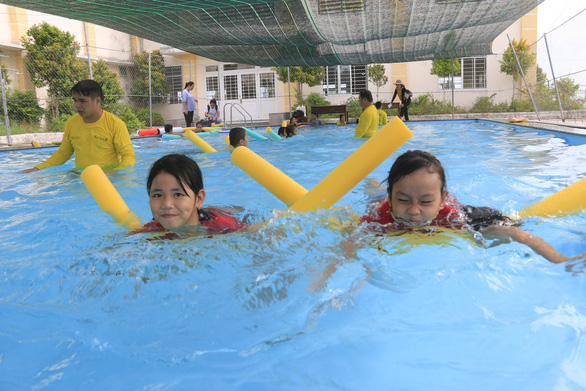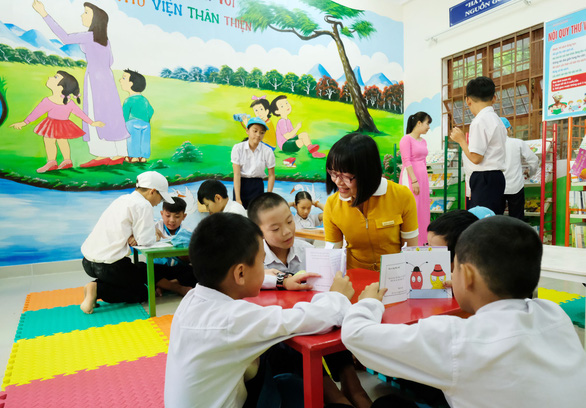No single country is adequately protecting children’s health, their environment and their futures, finds a landmark report released on Wednesday by a commission of over 40 child and adolescent health experts from around the world.
The commission was convened by the World Health Organization (WHO), UNICEF and The Lancet.
The report, A Future for the World’s Children?, finds that the health and future of every child and adolescent worldwide is under immediate threat from ecological degradation, climate change and exploitative marketing practices that push heavily processed fast food, sugary drinks, alcohol and tobacco at children.
“From the climate crisis to obesity and harmful commercial marketing, children around the world are having to contend with threats that were unimaginable just a few generations ago,” said Henrietta Fore, UNICEF executive director.
“It is time for a rethink on child health, one which places children at the top of every government’s development agenda and puts their well-being above all considerations.”
Intensifying climate change threatens every child’s future
The report includes a new global index of 180 countries, comparing performance on child flourishing, including measures of child survival and well-being, such as health, education, and nutrition; sustainability, with a proxy for greenhouse gas emissions, and equity, or income gaps.
According to the report, while the poorest countries need to do more to support their children’s ability to live healthy lives, excessive carbon emissions – disproportionately from wealthier countries – threaten the future of all children.
If global warming exceeds 4 degrees Celsius by the year 2100 in line with current projections, this would lead to devastating health consequences for children, due to rising ocean levels, heatwaves, proliferation of diseases like malaria and dengue, and malnutrition.
|
|
| Children read books in a library in Lam Dong, located in the Central Highlands of Vietnam. Photo: Mai Vinh / Tuoi Tre |
The index shows that children in Norway, the Republic of Korea, and the Netherlands have the best chance at survival and well-being, while children in Central African Republic, Chad, Somalia, Niger and Mali face the worst odds.
However, when authors took per capita carbon dioxide emissions into account, the top countries trail behind, with Norway ranked 156, the Republic of Korea 166, and the Netherlands 160.
Each of the three emits 210 percent more carbon dioxide per capita than their 2030 target.
The U.S., Australia, and Saudi Arabia are among the ten worst emitters.
The only countries on track to beat carbon dioxide emission per capita targets by 2030, while also performing fairly, within the top 70, on child flourishing measures are: Albania, Armenia, Grenada, Jordan, Moldova, Sri Lanka, Tunisia, Uruguay and Vietnam.
“Vietnam is progressing well on both child flourishing and ensuring a sustainable future for children,” said Lesley Miller, UNICEF Vietnam deputy representative.
“While its carbon emissions are lower than 2030 targets, they are on the increase.
“Many Vietnamese children have already been impacted negatively by climate change, especially those exposed to air pollution and those affected by drought and saltwater intrusion in the Mekong Delta.
“Progress can be jump-started by ensuring that all key sectors – health, education, rural development, energy, transport, environment and planning – work together to protect children’s health and well-being.
“There is no room for complacency.”
Harmful commercial marketing preys on children – with childhood obesity increasing 11-fold
The report also highlights the distinct threat posed to children from harmful marketing.
Evidence suggests that children in some countries see as many as 30,000 advertisements on television alone in a single year, while youth exposure to vaping (e-cigarettes) advertisements increased by more than 250 percent in the U.S. over two years, reaching more than 24 million young people.
Children’s exposure to commercial marketing of junk food and sugary beverages is associated with purchase of unhealthy foods and overweight and obesity, linking predatory marketing to the alarming rise in childhood obesity.
The number of obese children and adolescents increased from 11 million in 1975 to 124 million in 2016 – an 11-fold increase, with dire individual and societal costs.
 |
| Children look at books at a museum in Da Nang, central Vietnam. Photo: Doan Nhan / Tuoi Tre |
A manifesto for immediate action on child and adolescent health
To protect children, the independent commission authors call for a new global movement driven by and for children.
Specific recommendations include:
- Stop carbon dioxide emissions with the utmost urgency, to ensure children have a future on this planet;
- Place children and adolescents at the center of efforts to achieve sustainable development;
- New policies and investment in all sectors to work toward child health and rights;
- Incorporate children’s voices into policy decisions;
- Tighten national regulation of harmful commercial marketing, supported by a new Optional Protocol to the UN Convention on the Rights of the Child.























































